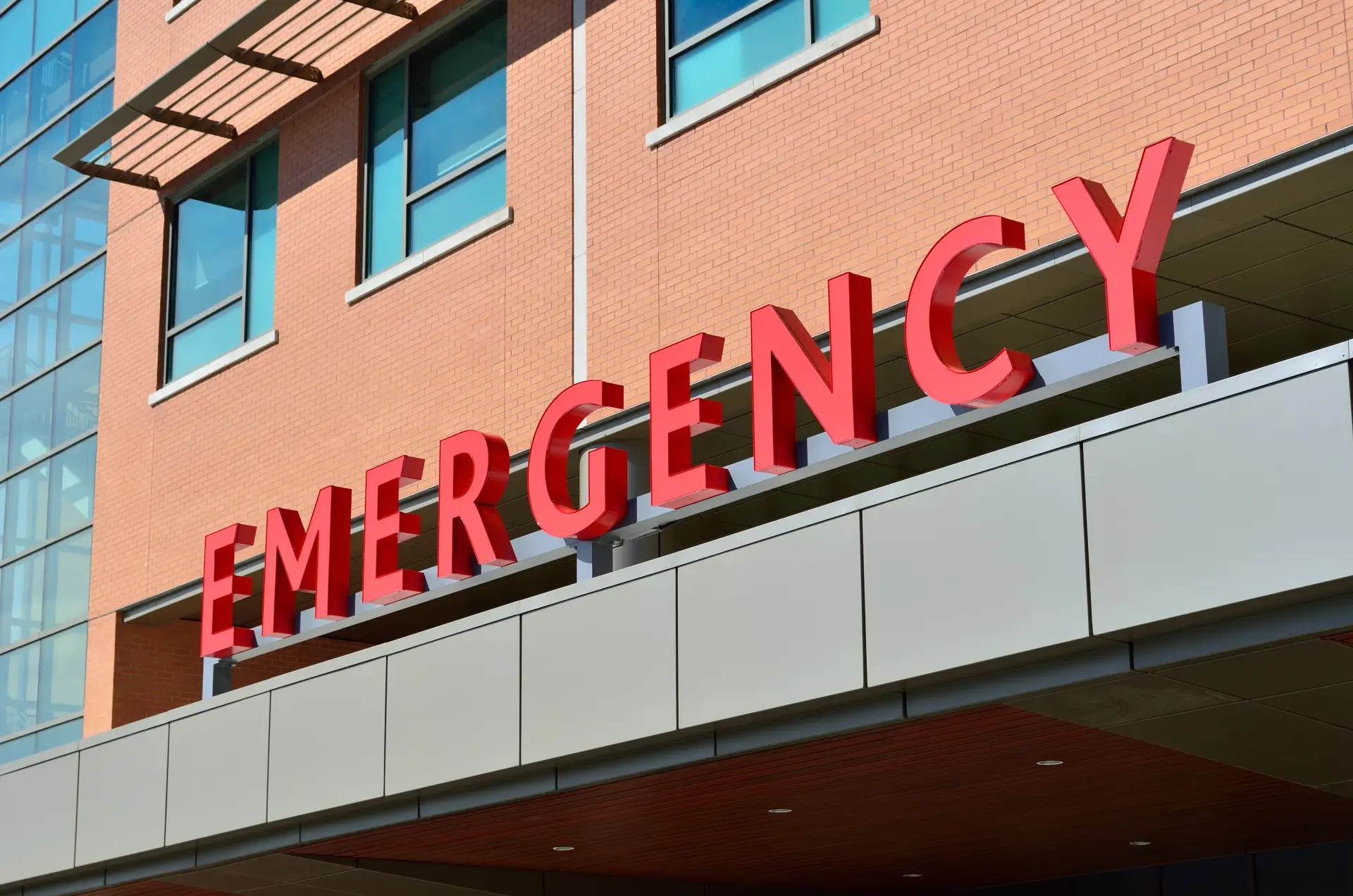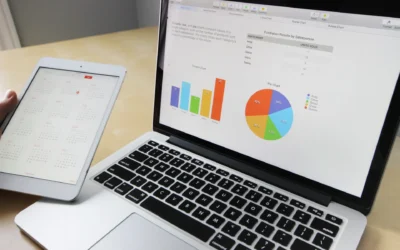You visit the doctor because you’d like to be healthier, feel better, or be well. However, for millions of people living in the United States, a visit may have a negative consequence: large medical bills that could lead to massive debt. One out of five Americans suffers from medical expenses but there are a couple of affordable ways to pay off medical debt.
1. Dispute Your Medical Bill
The first step in clearing medical debt is to review your medical bill. Request a detailed list of accounts, review your bills attentively, and then compare them to your insurance company. If you’re sure that the insurance company needs to be paying the costs, you can contact them.
If they are unwilling to adjust their terms, you can start a dispute. You can do this by writing a formal letter that says you’re challenging the amount. Send the letter via registered mail within 30 days from a notice from a collection agency.
2. Talk To Your Healthcare Provider
Finding a discount or an installment plan can help pay medical bills without stress. It is possible to bargain directly with your healthcare center or the doctor. They may be willing to lower the amount that you owe if you pay it in advance.
You may also request discounts or a cash rate if you pay cash. Some service providers will offer up to a 20% discount as soon as you sign up. If you’re unable to pay for the cost, ask for an installment payment plan. A lot of providers will allow you to pay in installments, usually without any interest.
3. Get Financial Assistance
Hospitals offer programs for financial assistance. Many providers also have information about how to apply for financial aid. If you’re eligible, you can apply for these programs.
The amount you qualify for could be applied to your medical bill and act as a payment that will reduce the amount you have to pay. If you suffer from a particular illness or disability, you should check with charities about the condition you are suffering from.
They may offer financial assistance programs or grants that you could apply for. Some of these programs can aid in the purchase of medications. The savings could be used to pay off your bills.
4. Apply To Medicaid
If you meet the eligibility criteria, Medicaid might pay for the cost of some of your charges. Medicaid coverage can begin at the beginning of the month, three months prior to the date that you apply. If you had been eligible within the three months before that and had medical expenses, your costs could be covered.
5. Pay Your Medical Bills Immediately
The best method to manage your medical expenses is to tackle them immediately. Contact the hospital or the insurance company whenever you can. In this way, you won’t delay essential deadlines, and they could be more inclined to assist you.
Clear your bills as soon as you can. However, don’t make use of credit cards. In the event that you use credit cards, you’ll be charged higher interest rates, increasing the cost.
The delay in paying could result in additional fees and interest, meaning you’ll pay more over the long term. If you require assistance with your financial plan and credit counseling, speak about it with the bank you trust or a reputable financial institution for advice.




